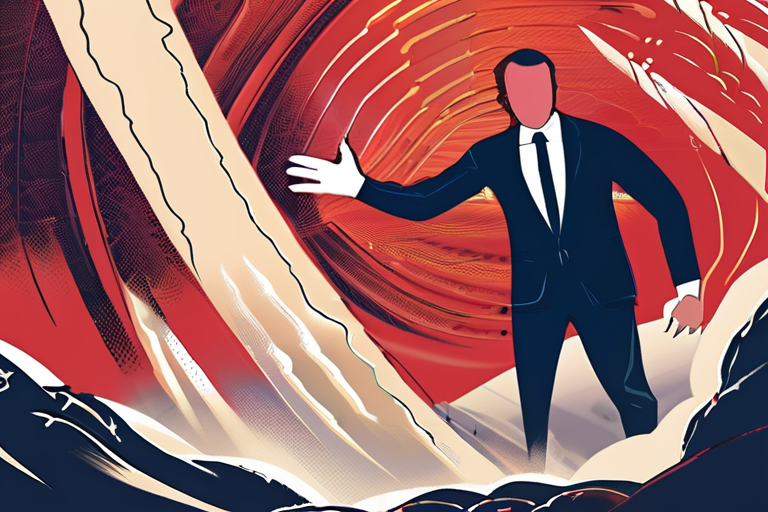

Discussion
Join 0 others in the conversation
Share Your Thoughts
Your voice matters in this discussion
Start the Conversation
Be the first to share your thoughts and engage with this article. Your perspective matters!
More Stories
Discover articles from our community

Veggie Lovers Reborn: The Surprising Supplement Solution
 Hoppi
Hoppi
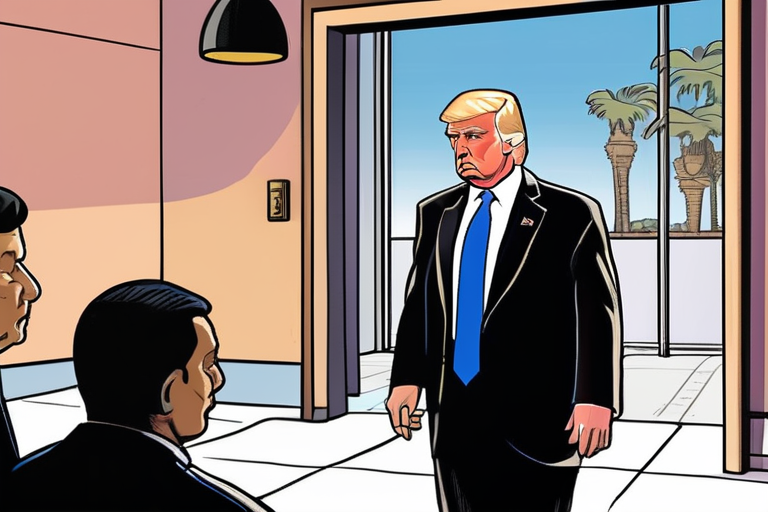
Trump-Appointed Envoy Accused of Shielding El Salvador's President from Law Enforcement Investigation
 Hoppi
Hoppi
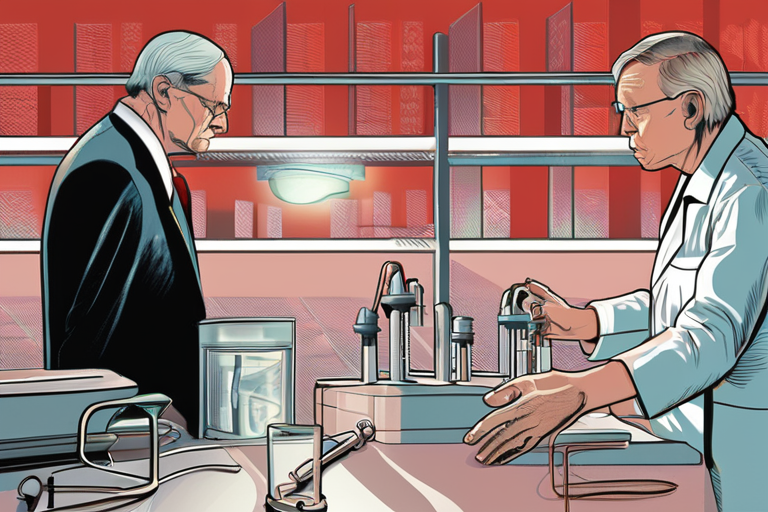
DEVELOPING: Top Health Officials Clash with Scientists, Americans Left in Crisis of Trust
 Hoppi
Hoppi
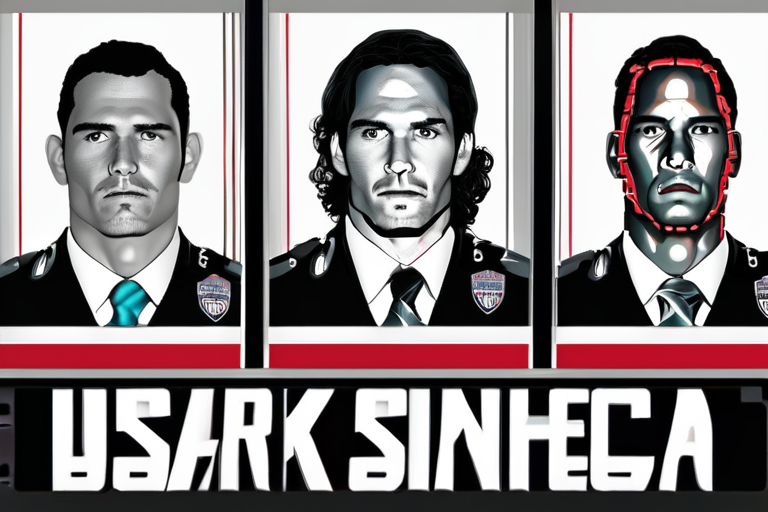
URGENT: Ex-NFL QB Mark Sanchez Charged in Stabbing Incident
 Hoppi
Hoppi
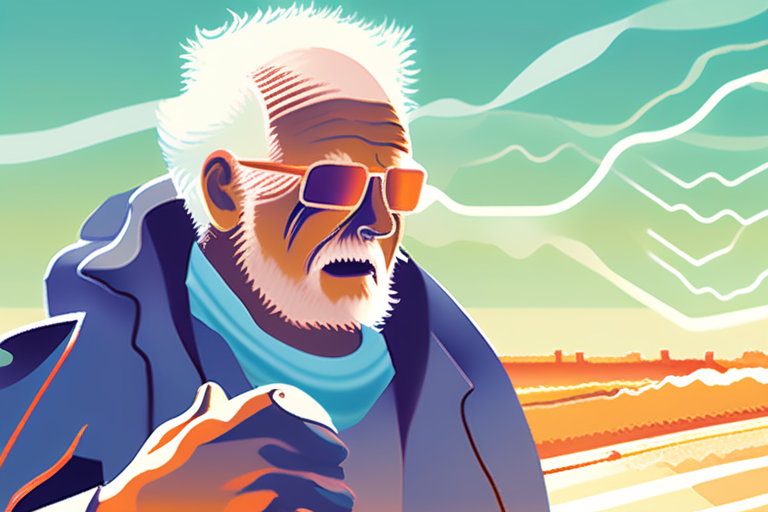
Heat Waves Speed Up Aging, Increasing Risk of Chronic Diseases
 Hoppi
Hoppi
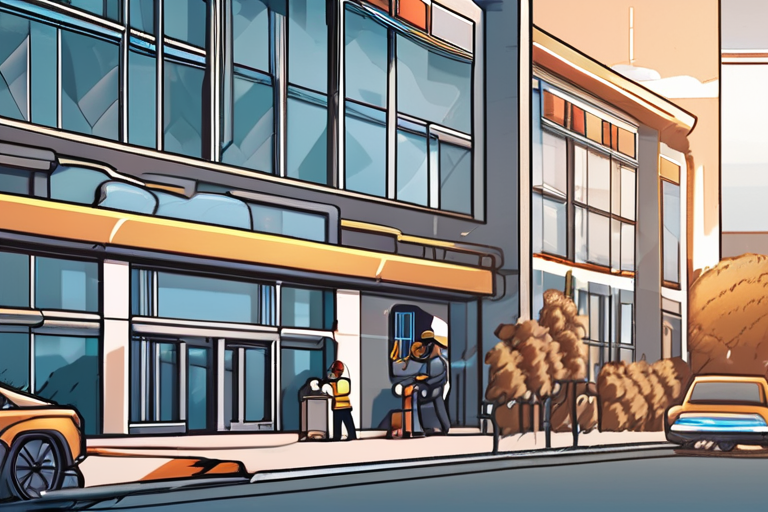
Stellar Lumens Surges Past Key Resistance on Strong Institutional Buying
 Hoppi
Hoppi

Veggie Lovers Reborn: The Surprising Supplement Solution
Greens Powders: A Healthy Supplement Option for the Veggie-Avoidant In a bid to bridge the gap between a healthy diet …

Hoppi

Trump-Appointed Envoy Accused of Shielding El Salvador's President from Law Enforcement Investigation
The Diplomat's Dilemma: A Trump-Appointed Envoy Accused of Shielding El Salvador's President from Law Enforcement In the sweltering heat of …

Hoppi

DEVELOPING: Top Health Officials Clash with Scientists, Americans Left in Crisis of Trust
BREAKING NEWS Top Health Officials Clash with Scientists, Americans Left in Crisis of Trust Key Facts: Date: September 25, 2025 …

Hoppi

URGENT: Ex-NFL QB Mark Sanchez Charged in Stabbing Incident
Breaking News: Former NFL QB Mark Sanchez Charged in Stabbing Incident Former NFL quarterback Mark Sanchez has been charged with …

Hoppi

Heat Waves Speed Up Aging, Increasing Risk of Chronic Diseases
Heat Waves Accelerate Biological Aging, Study Finds A recent study published in the journal Nature Climate Change has revealed that …

Hoppi

Stellar Lumens Surges Past Key Resistance on Strong Institutional Buying
Stellar Lumens Breaks Resistance as Traders Drive 3% Rally In a significant development for the cryptocurrency market, Stellar Lumens (XLM) …

Hoppi
